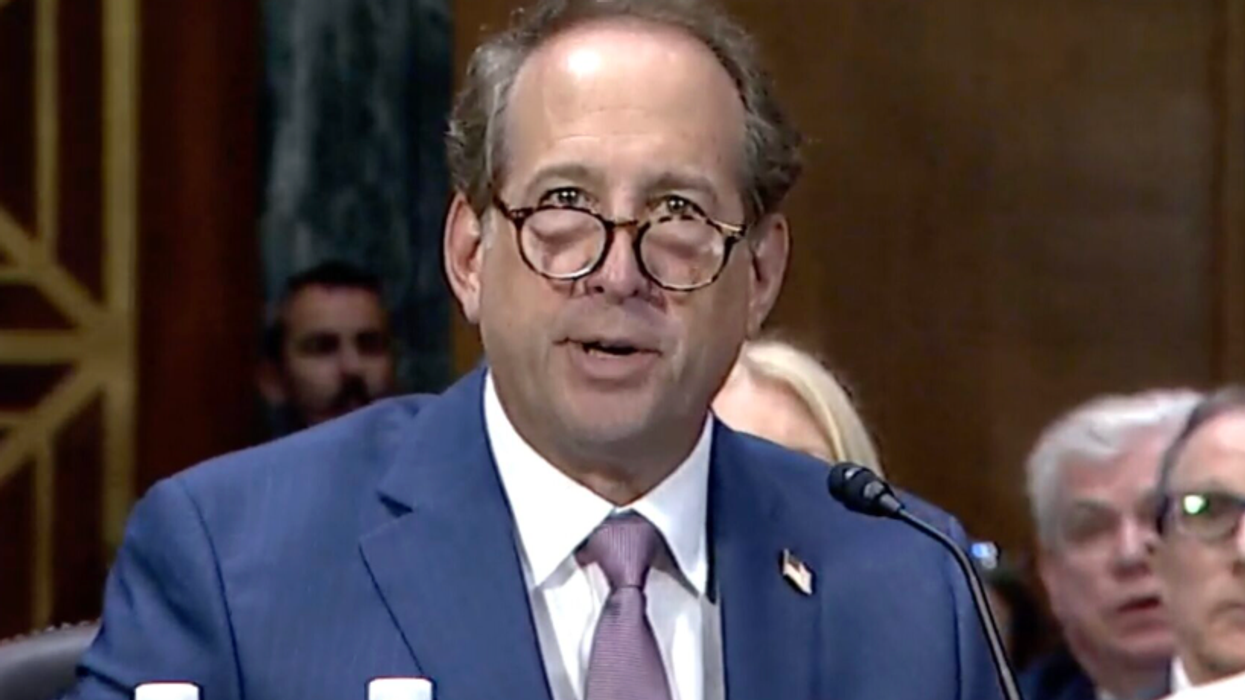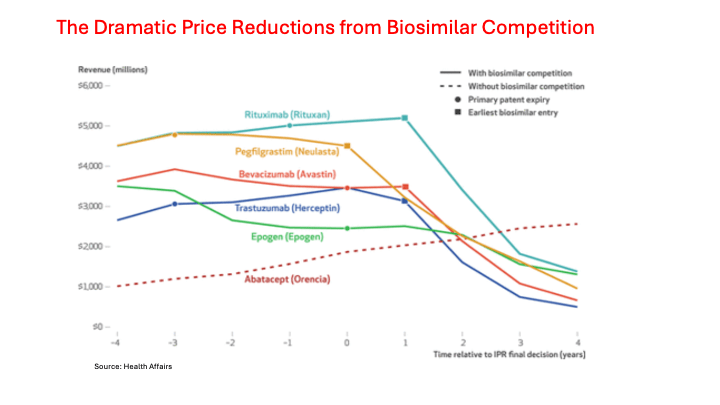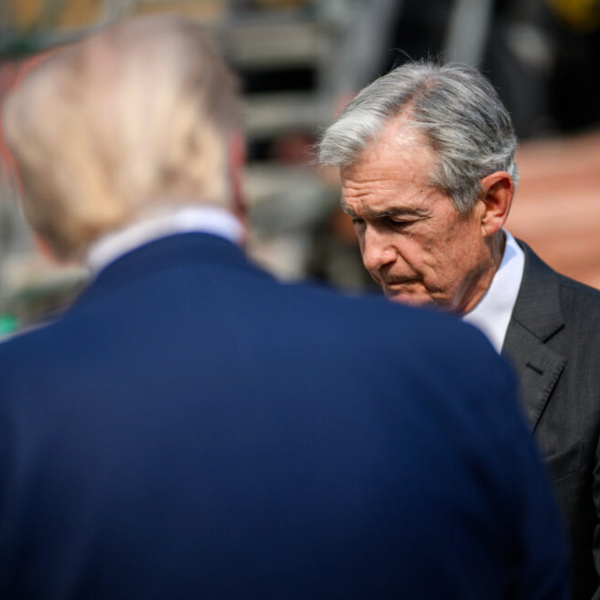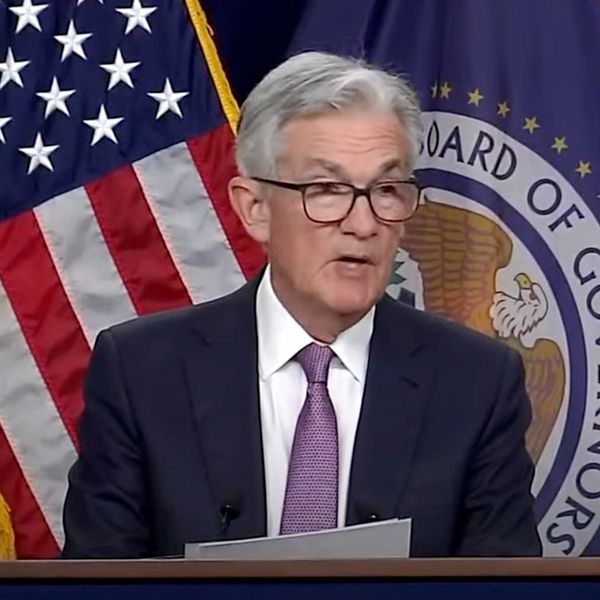Universe Of Fantasy: A Tour Of Trump's Alternate Reality Government
Donald Trump is surely the most prolific and brazen liar ever to occupy the White House. From day one of his first term, when he confabulated wildly about the crowd size at his inauguration, he has fabricated nonsense so promiscuously that people—supporters and antagonists—have just come to assume you can’t trust what he says.
But in the last few weeks, Trump and his administration seem to have broken through the lying speed of light, emerging into a whole new universe of bullshit. From the daily diet of blatant lies, fibs, and fabrications, they’ve taken up occupancy in a stratosphere of crazy, as if arriving through a wormhole from the other side of the universe. They’re now regularly peddling assertions that boggle the mind and leave commentators speechless—provoking a “what planet are you from?” kind of response.
What these claims provoke is less indignation than bewilderment—a sense of “I don’t even know where to begin.” In the last few days, two of the country’s most sure-footed cable hosts basically threw up their hands confronting Administration statements that vaulted over false or even ridiculous to the utterly bizarre.
On CNN, Kaitlan Collins—trying to make sense of yet another sweeping claim about what the Justice Department had or had not “authorized”—responded with exasperation: “None of what they’re saying lines up with the actual record, and I don’t know how else to say it.” (Over the weekend, Collins responded to Trump’s asinine tirade calling her “stupid and nasty” with grace and good humor.)
A day later on MSNBC, Nicolle Wallace offered a similar response as she confronted the latest round of reality-defying explanations from senior officials. “This is just not connected to reality as the rest of us understand it,” she said, before adding, almost incredulously, “I mean… what are we even talking about here?” Her guest Miles Taylor stepped in: “They’re describing events from a universe where facts operate under different rules.”
Consider some of these recent extraterrestrial dispatches that Trump and his senior aides have propounded, each one so unhinged that analysts hardly know where to begin.
• The Halligan Fantasy
The Administration continues to treat Lindsey Halligan as a fully empowered United States Attorney for the Eastern District of Virginia, despite a federal judge’s ruling (that the Administration has yet to appeal) that her appointment is invalid. The DOJ is behaving as though the ruling never happened: they continue to sign her name on indictments, even though the court has said such documents are a legal nullity—no different than if they were signed “Mary Poppins.”
• The Illusory Exculpation of Pete Hegseth
Trump now claims Defense Secretary Pete Hegseth has been “exculpated” for the deadly September 2 boat strikes. Exculpated by whom? There has been no investigation or formal findings, and only the slightest beginning of a closed-door congressional inquiry. Hegseth has miles to go before he is out of the woods for the stain of the killings on the country, which Senator Adam Schiff on Sunday called “unconstitutional” and “morally repugnant.”
How about: And the first step on that path is the release to the public of the already infamous video of the strike that Hegseth claims he didn’t order but quickly adds that he “would have made the same call myself.”
• The Signalgate “Total Exoneration”
Hegseth’s separate claim—that the acting inspector general’s review of the Signalgate fiasco “totally exonerates” him—holds no water anywhere on the planet.
In fact, the IG found Hegseth endangered U.S. service members by transmitting imminent-strike details over an unsecured Signal chat on his personal phone, including information mirroring SECRET/NOFORN data from a CENTCOM briefing. For his part, Hegseth refused to sit for an interview, submitting only a nonresponsive written statement, the core claim of which was: “I took nonspecific general details which I determined, using my sole discretion, were either not classified, or that I could safely declassify, and created an “unclassified summary” of the USCENTCOM strike details to provide to participants of the Signal chat.”
But the IG found the details weren’t “nonspecific” at all—they tracked classified operational information. And although Hegseth claimed he could declassify the material, the IG explicitly said he could not determine that Hegseth ever exercised that authority. It is, in effect, a defense that says: the disclosure was permissible because I believed I had the power to make it permissible. More to the point, even if he had borrowed and waved Trump’s magic Mar-a-Lago declassifying wand, it would have no bearing on the finding—as inculpatory as you can imagine for a sitting Defense Secretary—that he risked putting service members in danger. Far from exonerating him, the explanation restates the problem.
• The Hepatitis-B Reversal
The Administration’s flirtation with the idea that the hepatitis-B vaccine is “not recommended” in newborns contradicts decades of CDC guidance and a more than 90 percent reduction in childhood hepatitis-B. The reconstituted ACIP panel making this move was hand-selected after RFK Jr. removed the prior members. This is medical policy by wormhole: the consensus stays the same, the data stay the same, but the conclusion suddenly flips. Public health experts predict catastrophic results—particularly for poorer newborns—and a resurgence of child-onset hepatitis B.
• The “Morally Distinguishable” Bomber
The Administration’s touting of the arrest of the January 5 bomber, Brian Cole, raises the obvious question: what distinguishes the would-be bomber from the marauders of January 6, whom Trump pardoned on his first day in office? It can’t be the potential for violence: Cole’s bombs didn’t go off, while Trump’s clemency extended to thugs who attacked Capitol officers with stun guns and nerve gas.
Here is the Planet Mongo argument Hegseth offered on Fox News for the distinction—echoed by other Administration officials: “Look, the people who were unfairly targeted have been pardoned. The bomber hasn’t been — and that tells you something.”
Everyone follow that? The difference between the January 6 pardoned marauders and the pipe-bomb suspect is that the pardoned 1000+ were pardoned. That might be a cogent response somewhere, but it isn’t on planet Earth.
And Pam Bondi’s recent answer—or more precisely, her refusal to answer—drove the point home. Asked point-blank how Cole differed from January 6 defendants, she simply ducked the question, pivoting to unrelated talking points. They’re going to need something better as the case proceeds—unless, that is, Trump hews to his otherworldly logic and pardons Cole.
• The Fantasy Economy
On the central promise that likely delivered him a second term—fixing an economy he has instead allowed to wobble and stall—Trump continues to offer the alternate-universe characterization that the economy is “flourishing,” waving away indicators of strain, volatility, and falling household confidence.
• And this just in – the FIFA Peace Prize
Finally, there must be a planet somewhere in which the notoriously corrupt soccer organization FIFA enjoys the moral authority of the Nobel Committee on Earth. Wherever that may be, Trump has proudly received the first-ever peace prize for his “historic leadership.” There is the complication that no committee actually awarded this supposed FIFA Peace Prize. FIFA doesn’t give peace prizes. It doesn’t have a peace-prize committee. It has no mechanism for conferring honors outside the world of soccer. The prize exists entirely because Trump said it did. But such critical logic is so, well, earthbound.
Taken individually, any of these might be chalked up to the familiar Trumpian stew of bluster and improvisation. As an ensemble, they represent something else entirely. This isn’t lying in the usual political sense. It is governing from an alternate reality—one in which legal authority, factual accuracy, and empirical verification are dispensable trifles.
And that is what provokes the shift in reaction among commentators. They are no longer challenging claims as much as expressing bewilderment at the absence of any shared factual universe.
The problem, of course, is that a democracy requires such a universe. Trump has always strained against that baseline, but now he and his Administration increasingly operate in a space where the laws of logic bend and the lines never cross. The rest of us—courts, Congress, journalists, citizens—are left trying to stitch reality back together in a world where the government no longer recognizes it.
The only workable response begins with declining to play by the rules of their distant planet. First, call out the move—not just the mistake. These are not ordinary falsehoods. They are claims wholly untethered from evidence, law, or logic, and the point is to overwhelm, not persuade. Institutions should say plainly when a statement has no factual substrate at all.
Second, refuse to litigate the fabricated premise. Wormhole politics depends on forcing opponents to disprove fantasies—“prove Halligan isn’t authorized,” “prove the survivors weren’t traffickers,” “prove the bomber isn’t morally distinct.” The proper move is to reject the burden-shift and insist that the Administration supply actual evidence before the claim enters serious discourse.
Holding a government to account is work enough without having to chase its claims across the universe to an entirely different planet.
Harry Litman is a former United States Attorney and the executive producer and host of the Talking Feds podcast. He has taught law at UCLA, Berkeley, and Georgetown and served as a deputy assistant attorney general in the Clinton Administration. Please consider subscribing to Talking Feds on Substack.
Reprinted with permission from Talking Feds.













